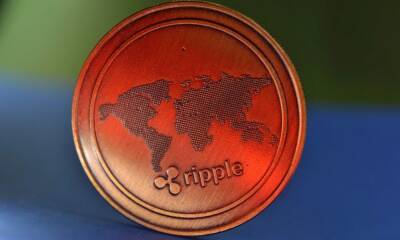What gambling firms don’t want you to know – and how they keep you hooked
Each year, British punters lose more than £11bn to the gambling industry, equivalent to nearly £164 for every man, woman and child in the UK. This money-spinning national love affair with betting owes much to the liberalisation of gambling laws under Tony Blair’s Labour government in 2005. The growth of the UK betting sector since then has created billionaires, such as Bet365’s Denise Coates and Betfred’s Done brothers. At the other end of the scale, what starts out as a harmless flutter has driven countless customers into financial ruin, family breakups, and worse.
The betting industry promotes its wares predominantly through advertising on TV, social media or via wall-to-wall sponsorship of football clubs. But gambling has always been different from other consumer products. Coca-Cola advertises in the knowledge that you probably already know how it tastes. The occasional memory jog will remind you why you like it, and might lead you to buy more and to choose Coke over Pepsi when you do. Convincing a customer to choose your brand – and remain loyal – is only half the battle with gambling. Betting firms also need to persuade punters that they have a decent shot at winning some money, even though – in the long term at least – they don’t.
The gambling industry could not exist unless the bookmaker or casino had a better grasp of the odds than the punter. That’s the foundation upon which the industry is built, and it’s a bargain that – unless they are completely delusional – the gambler enters into knowingly. They bet believing they might just be the one who can beat the bookie, if not by judgment then by luck.
For six years, I’ve been reporting on the human damage caused by the gambling industry. I’ve heard the desperation in
Read more on theguardian.com


















